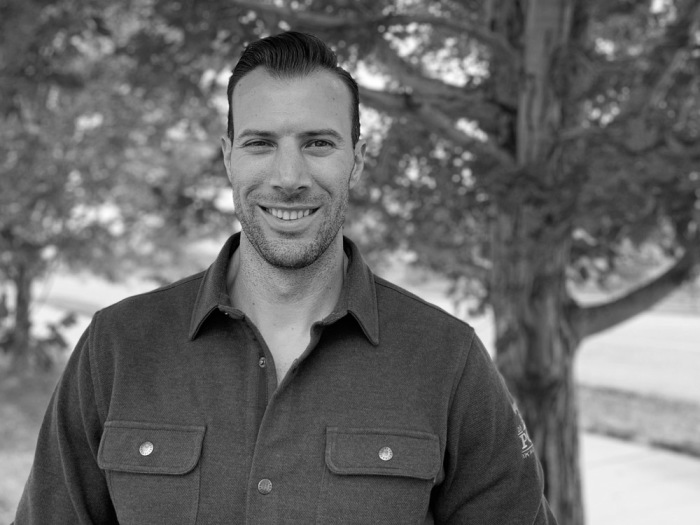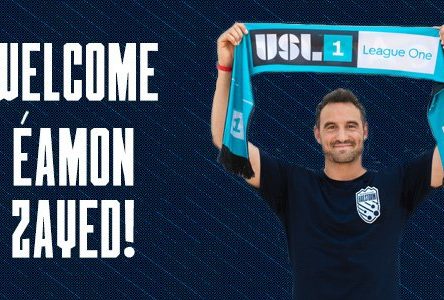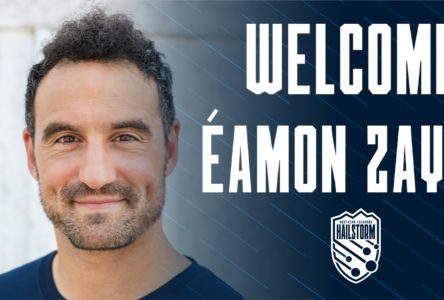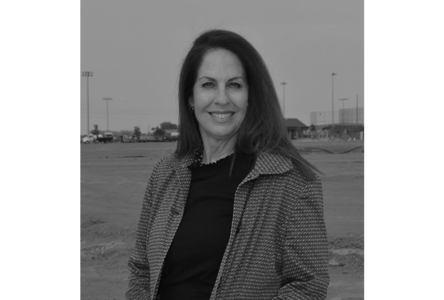
Tony Leko is our newly hired Director of Tournaments. Tony joins the Future Legends team after experience most recently with Barton G in Miami, with time spent at US Lacrosse, USA Cycling, the AVP Pro Beach Volleyball Tour, and more.
Q: Could you provide us with a quick summary of your education and career path thus far?
I was born and raised in Santa Clarita, just outside of Los Angeles. I went to a couple of schools for my undergrad degree, I played football at Chapman University, and got my bachelor’s degree at Cal State-Northridge in Exercise Science, doing athletic training. I ended up switching my focus and going to grad school for Sport Management at Long Beach State. Pretty quickly into the program at Long Beach State, I got an internship with the AVP Pro Beach Volleyball Tour and that internship quickly turned into a job. I was with the Tour for three years as their Operations Manager, running events all over the country. From there, I was offered a job with USA Cycling in Colorado Springs as their National Events Manager, later being promoted to National Events Director. I was there for four years running the national championships and managing and maintaining that brand. Then I was offered a position with US Lacrosse in Baltimore, as the Director of National Teams, overseeing Team USA. I did that for about two years, then headed to Miami to work for a private event production company called Barton G. I was in that role for about three and a half years, and unfortunately, COVID-19 disrupted that industry fairly significantly. I ended up heading back west to Colorado, which is where I want to be and found my way to Future Legends.
Q: How did you decide that you wanted to work in the sports world to begin with?
I was an athlete my whole life. You name it, I’ve probably played it. Competitively, I played football and basketball in high school, then I played football at Chapman. I’ve always been around sports and always loved sports. I was previously on the medical side, with athletic training, I’m a science nerd at heart. But the business side really called out to me, and I wanted to be involved with the operations, logistics, events, and management of sport. It’s better than almost any job.
Q: What is your proudest professional accomplishment?
I’ve done a lot, and I’ve seen a lot. I’ve been in the industry for about 12 years, and have gotten to travel more than most. My proudest professional accomplishment is the network I’ve built and connections I’ve made, not only from a business sense but from a personal sense as well. My biggest accomplishment is earning people’s respect in this industry. No one single project or event, just people knowing what kind of person and worker I am, and how seriously and professionally I take my roles.
Q: Which sport has had the biggest impact on your life and why?
Football has definitely had the biggest impact, with hockey as a close second. Football, from a sense that I grew up with a blue-collar background, and football has a lot of those values. Playing football competitively in high school and college, I really learned a lot about teamwork. But the sport also brings people from all different backgrounds together. There are so many different kinds of people from so many different places playing; you learn to work together, you literally bleed with each other. That really had the biggest impact for me. Football is a meritocracy; you have to work for everything you get. If you want to play, you have to work hard for it.
Hockey as well, because hockey is my escape. I still play in men’s leagues to this day. When I step on a clean sheet of ice, that’s one of my favorite feelings on earth. Everything in my head, all my worries, and my cares, just go away for an hour.
Q: Why is this project important to you?
It’s important to me because I am very much a sports purist. I understand that sports in this day and age is a large industry; it’s entertainment, and rightfully so – there’s nothing wrong with that. But, I think this project is important because it’s very youth-centric. It provides a lot for future athletes, and it’s not just about games, tournaments, traveling, winning, losing. It’s about providing an experience.
Q: What is your goal for Future Legends?
My goal is to make Future Legends the pre-eminent destination for youth sports. Not only in terms of winning and losing, but for kids to come and to learn the sport, enjoy the sport, grow with each other. Take those same lessons of building blocks for life, that I got from sports. And of course, have fun.
Q: What excites you most about Future Legends?
The possibilities here are endless. We have a completely blank slate; we really have the ability to do whatever we want to do with this land and with this project. In one respect, that’s daunting, because there are just so many things to think of. But in another respect, it’s rarely an opportunity you get in life.
Q: Who is your sports hero and why?
I have favorite athletes, like Toni Kukoc, Joe Sakic, and others, but I hate using the word hero for athletes. I’m old school, I don’t think of professional athletes necessarily as heroes. My sports heroes are all of the coaches, teammates, and medical professionals who have made an impact in my life along the way.




